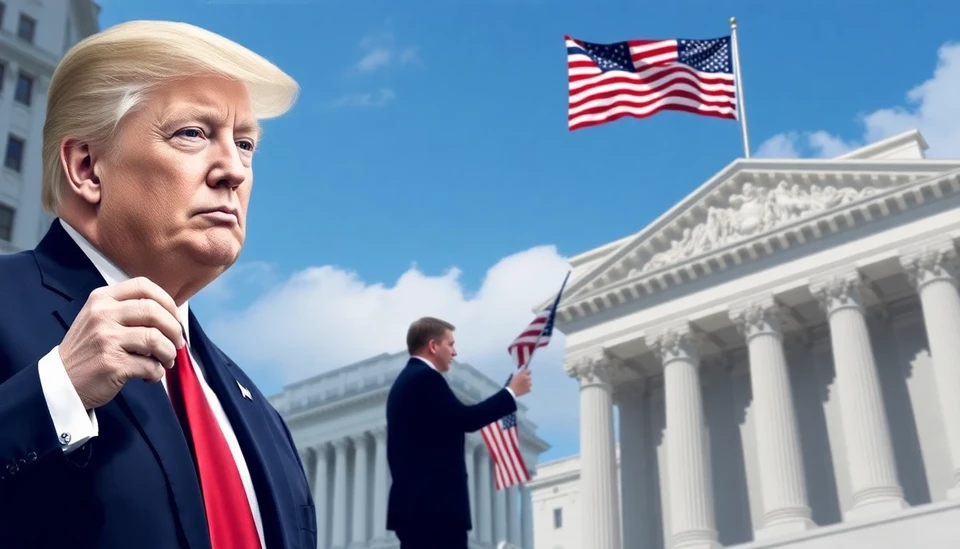
In an unexpected twist, former President Donald Trump's recent tariff decisions have sent ripples of concern through Wall Street, leaving some of his financial backers feeling blindsided. As tariffs on various goods are reintroduced, including those impacting key industries like technology and manufacturing, the implications for the stock market and the broader economy have sparked significant debate among analysts.
The latest tariffs have raised the stakes for companies heavily invested in trade with China and other global markets, potentially escalating costs for both businesses and consumers. Many Wall Street investors, who initially supported Trump's pro-business stance, are now re-evaluating their positions in light of these new economic policies. The uncertainty surrounding the effectiveness of these tariffs to boost domestic production, compared to their potential to hike prices, leaves investors anxious and markets volatile.
Trump’s administration has historically focused on protectionist policies aimed at revitalizing American manufacturing; however, the repercussions of these tariffs on crucial trade relationships raise questions about the overall strategy. For instance, experts are worried about the cascading effects on supply chains that could result from a further deterioration of relations with international partners. This comes at a time when the economy is still recovering from the aftermath of the pandemic, making any disruptions particularly concerning.
Investors who had hoped that Trump's economic policy would lead to corporate tax cuts and less regulation now find themselves grappling with tariffs that contradict their expectations for a robust market. The abrupt changes have left many traders scrambling to reassess the landscape, with some even predicting a downturn in stock prices in response to the new tariffs. The financial industry is currently on edge, monitoring upcoming developments closely as analysts advise caution.
As discussions about the future of trade and tariffs continue to unfold, the Trump administration faces scrutiny from both sides of the aisle. Critics argue that the tariffs could lead to unintended consequences that undermine the very economic growth they were meant to stimulate, while supporters insist that protectionist measures are essential to safeguard American interests. The divisions highlight a broader debate about America’s role in global trade and the balance between protectionism and free-market policies.
In summary, Trump's latest tariff measures reflect a complex interplay of political maneuvering and economic forecasting. Wall Street's initial enthusiasm for Trump's presidency has been shaken, casting doubt on the sustainability of his financial strategies. Moving forward, investors will be watching closely to see how these policies evolve and what impact they will have on market stability and growth.
As the situation develops, stakeholders from all sectors will need to stay informed and flexible to navigate the potential volatility introduced by these tariffs.
#Trump #Tariffs #Wall #Street #Economics #Trade #Policy #Market #Volatility
Author: Daniel Foster




